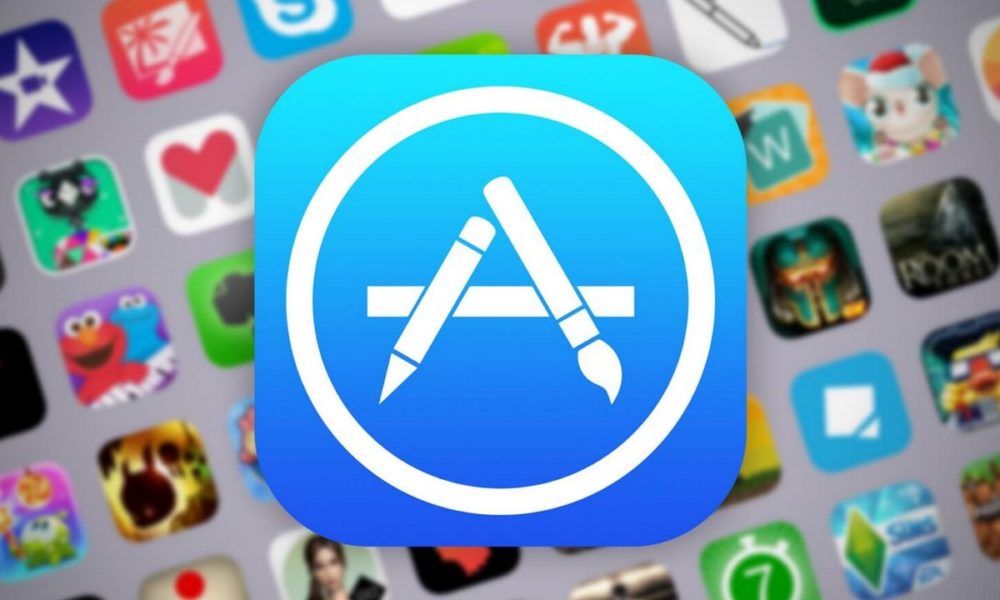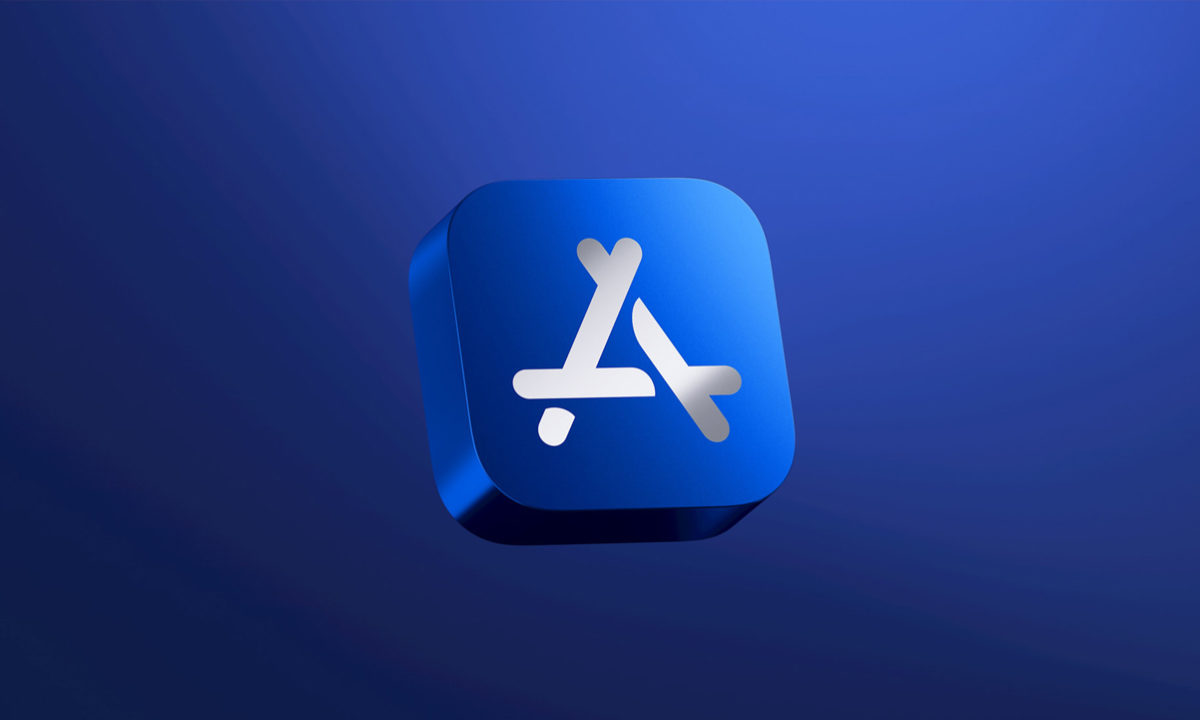
Europe is about to change the rules of the Internet game for companies like Apple, which, based on the Digital Markets Law, will have to face a new regulatory framework with important differences with respect to the current one, which in reality, and in many respects, does not actually exist. And it is that the speed of evolution of technology is inversely proportional to the speed of legislative powers and regulators to adapt to constant change.
It is known that, for some time now, Europe has wanted to remedy this problem and, although the pace is still slow, it does seem that the accelerator has been stepped on a little more, thus pointing to a future in which, potentially, we will see in this sense much more dynamic, capable of responding within reasonable time to situations in which a legislative framework is essential. But that is a hypothesis for the future in the medium and long term, now is the time to talk about the present and the future in the short term, and more specifically on how it can affect Apple.
The raison d’être of the Digital Markets Act is to bring balance to the technology sector in Europe, in which smaller companies must face the enormous power of technology giants, many of them on the other side of the puddle. And it is that the problems in this regard have been addressed, until now, independently, by different legal and regulatory bodies, as we have recently seen in the Netherlands with Apple. The DMA aims to establish a general regulation that facilitates responding in these situations.
If what is stated by The Verge is confirmed, the situation that Apple faces in the Netherlands could be peccadillo compared to what would be to come for those from Cupertino. And it is possible that at the time the new standard is approved, AApple would be forced to allow sideloading, third-party app stores, and other payment methods within iOS. Quite a blow to the fenced garden that Tim Cook described about a year ago now, and a security problem for users, according to those from Cupertino.
“We believe that the owner of a smartphone should have the freedom to choose how to use it.European Commission spokesman Johannes Bahrke said in a statement. “This freedom includes being able to opt for alternative sources of apps on your smartphone. With the DMA, a smartphone owner could still enjoy safe and secure services from the default app store on their smartphones. On top of that, if a user so chooses, the DMA would allow a smartphone owner to also opt out of other secure app stores.”.
Although it has not yet been approved, everything points to thea DMA will get all the go-aheads and will come into effect around October this year, although it is to be hoped that with a moratorium so that companies can adapt to it. Thus, it will be interesting to check Apple’s reaction (beyond statements against, which will obviously occur). And it is that with this change the entire model of the Apple App Store for iOS will be deeply affected.



